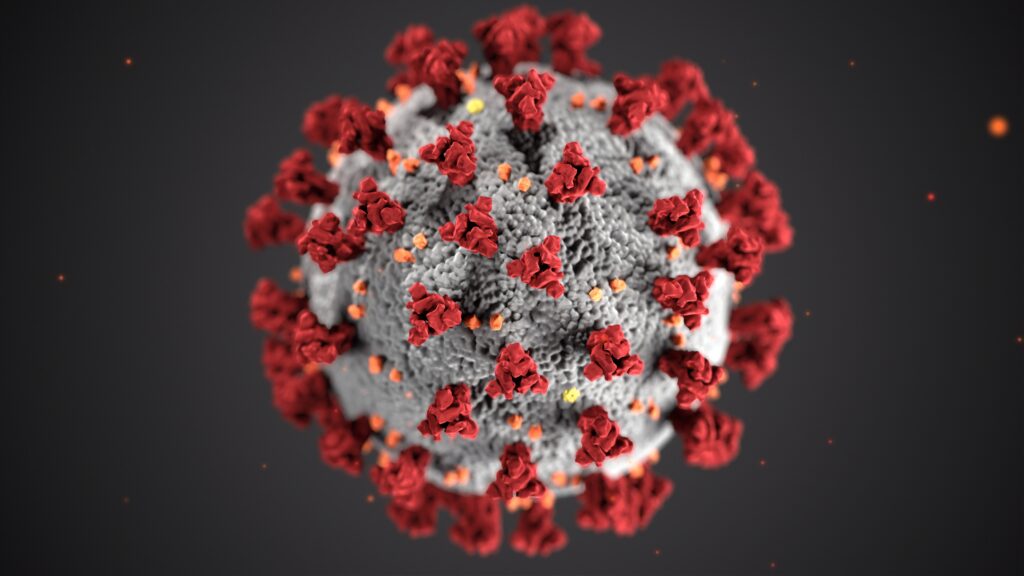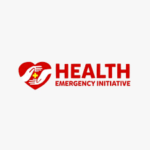Respiratory Challenges: A Comprehensive Guide to Pneumonia and Bronchitis

Respiratory infections are a common health concern, affecting millions of people worldwide each year. Among the various respiratory infections, pneumonia and bronchitis stand out as significant contributors to global morbidity and mortality rates. These conditions can range from mild to severe, impacting individuals of all ages. In this comprehensive guide, we will delve into the details of pneumonia and bronchitis, covering their causes, symptoms, treatment options, preventive measures, and when to seek medical attention.
Understanding Pneumonia
Pneumonia is an infection that primarily affects the lungs and can be caused by a variety of pathogens, including bacteria, viruses, and fungi. It occurs when the air sacs in the lungs become inflamed and filled with fluid or pus, leading to difficulties in breathing and oxygen exchange. Pneumonia can develop in different settings, such as community-acquired pneumonia, hospital-acquired pneumonia, and aspiration pneumonia.
Causes and Risk Factors
Bacterial pneumonia is commonly caused by Streptococcus pneumoniae, while viral pneumonia is often associated with influenza viruses, respiratory syncytial virus (RSV), and adenoviruses. Fungal pneumonia is typically seen in individuals with weakened immune systems, such as those with HIV/AIDS or undergoing chemotherapy.
Risk factors for pneumonia include:
- Age: Infants, young children, and adults over 65 are more susceptible.
- Smoking: Cigarette smoking damages the respiratory system’s natural defense mechanisms.
- Chronic Conditions: Chronic lung diseases, heart diseases, and diabetes increase the risk.
- Weakened Immune System: Conditions like HIV/AIDS, cancer, and organ transplantation weaken immunity.
- Aspiration: Inhaling food, drink, or other foreign substances can lead to aspiration pneumonia.
Symptoms and Diagnosis
Pneumonia symptoms can vary, but commonly include:
- Cough: Producing green or yellow mucus.
- Fever: Often high-grade and accompanied by chills.
- Difficulty Breathing: Rapid or labored breathing.
- Chest Pain: Sharp and worsened during coughing or deep breathing.
- Fatigue: Feeling extremely tired and weak.
- Confusion: Especially in older adults.
Diagnosis involves a combination of physical examination, chest X-rays, blood tests, and sometimes collecting a sputum sample for laboratory analysis.
Treatment and Prevention
Treatment for pneumonia depends on its cause:
- Bacterial Pneumonia: Antibiotics are prescribed, and it’s crucial to complete the full course.
- Viral Pneumonia: Antiviral medications may be used for specific viruses.
- Fungal Pneumonia: Antifungal drugs are employed for fungal infections.
Preventive measures include:
- Vaccination: Pneumococcal and influenza vaccines can help prevent certain types of pneumonia.
- Good Hygiene: Regular handwashing and avoiding close contact with sick individuals.
- Quitting Smoking: Reduces lung damage and improves immunity.
Understanding Bronchitis
Bronchitis is an inflammation of the bronchial tubes, which carry air to and from the lungs. There are two main types of bronchitis: acute and chronic.
Acute Bronchitis
Acute bronchitis is usually caused by viral infections, often the same viruses that cause colds and flu. It typically begins with a cold or flu-like symptoms and progresses to a persistent cough that may last for several weeks.
Chronic Bronchitis
Chronic bronchitis is a type of chronic obstructive pulmonary disease (COPD). It’s characterized by a chronic cough and mucus production for at least three months in two consecutive years. Smoking is a leading cause of chronic bronchitis, as it damages the airways and impairs the natural cleaning mechanisms of the lungs.
Symptoms and Diagnosis
Common symptoms of bronchitis include:
- Cough: Often productive and may produce clear, white, yellow, or green mucus.
- Shortness of Breath: Especially during physical activities.
- Chest Discomfort: Often due to persistent coughing.
- Wheezing: High-pitched whistling sound during breathing.
Diagnosis is typically based on clinical evaluation, medical history, and ruling out other conditions. Tests such as chest X-rays, pulmonary function tests, and sputum analysis may be performed.
Treatment and Management
Treatment strategies for bronchitis depend on the type and severity:
- Acute Bronchitis: Rest, hydration, over-the-counter pain relievers, and cough suppressants may be recommended. Antibiotics are not effective against viral infections.
- Chronic Bronchitis: Management focuses on symptom relief and preventing exacerbations. Quitting smoking is essential to slow disease progression.
Prevention
To prevent bronchitis:
- Quit Smoking: This is the most significant preventive measure.
- Avoid Irritants: Minimize exposure to air pollutants, dust, and chemicals.
- Hydration: Drink plenty of fluids to keep the airways moist.
Knowing When to Seek Medical Attention
While mild cases of pneumonia and acute bronchitis can often be managed at home, there are situations when medical attention is crucial:
- Severe Symptoms: High fever, severe shortness of breath, confusion.
- Worsening Condition: Symptoms that worsen instead of improving.
- Underlying Conditions: Individuals with chronic illnesses or weakened immune systems.
- Persistent Symptoms: Symptoms that last for an extended period.
Conclusion
Respiratory infections like pneumonia and bronchitis can significantly impact an individual’s health and well-being. Understanding the causes, symptoms, treatment options, and preventive measures associated with these infections is essential for promoting respiratory health. By being aware of the risk factors, taking preventive measures, and seeking timely medical attention when needed, individuals can better protect themselves and their loved ones from the challenges posed by these respiratory challenges.



